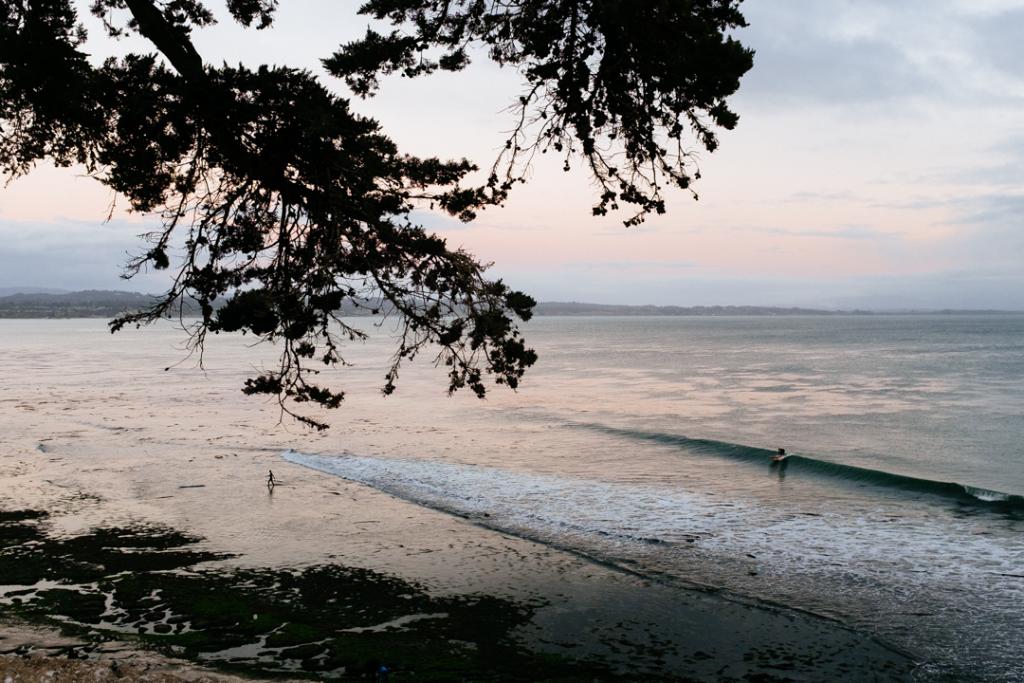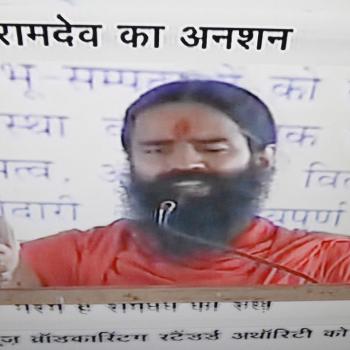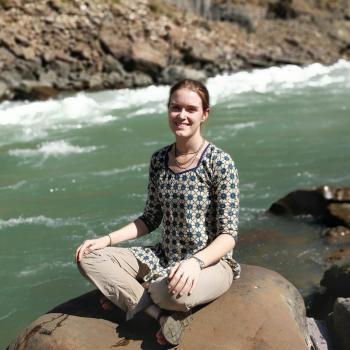“Would you trust an article on surfing, how it feels to ride a wave, from someone who’s only stood on the shore looking at the water?”
This is the question I ask myself whenever I read an article about Hinduism from somewhat who doesn’t actually practice Hindu spirituality — or at least hasn’t in the past for a significant amount of time.
It’s not that I denigrate academic study or look down on analysis. It’s not that I think intellectual understanding is to be distrusted in and of itself.
Being somewhat distant from a subject can bring unique insights about what you are studying that being close to a subject prohibits. This sort of objectivity and detachment brings a certain type of knowledge and perspective.
But it’s not necessarily the most useful perspective in all circumstances. Especially when you are dealing with embodied philosophical and spiritual practices such as Hinduism.
There are truths that are learned only from personal experience and practice.
Standing on the shore you can watch people surfing. You can see how our bodies move. You can see how we interact with the waves. You can analyse how our movements affect our performance.
You can study surfboard design from a hydrodynamic perspective — as a solid object in motion interacting with a liquid.
You can observe surfers out of the water to see what we do when we aren’t surfing, how we follow the swell and the weather in anticipation of the waves, how we plan trips based on the seasons, how we discuss our time in the water, how we structure our lives to maximize this.
You can also study the history of surfing. You can learn about its spread around the world. You can read about and see photos of the great surf breaks of the world. You can read about and watch video clips of great surfers. You can speak to ordinary surfers and ask us about our experience. You are going to get as many different answers as there are surfers.
In doing this you very well may become knowledgeable about the appearance of surfing. You may be able to speak about the culture of surfers — our commonalities and differences, and how surfing has changed over the years.
But… Until you paddle out, duck dive a couple waves, wait a while bobbing around, turn and paddle into the right wave, feel the board lift and start moving with that water, pop up, then trim and turn along the moving energy of the ocean, you cannot speak with authority on what it feels like to surf.
Until you’ve personally done this you cannot say with any accuracy what surfing means and feels like to surfers themselves. You actually have no idea what surfing is truly about without that embodied experience, without getting it into your body and soul.
Studying Hinduism, even at the highest academic levels of accomplishment and knowledge, is not the same thing as practicing Hinduism.
We, as Hindus, shouldn’t discount out of hand academic study of Hinduism by non-Hindus. Such study can bring useful insights.
At the same time there are limitations of the type of knowledge inherent in such study. Unless accompanied by personal practice these academic insights will inevitably fall just short of the mark of the authenticity and authority that comes from personal experience.
















